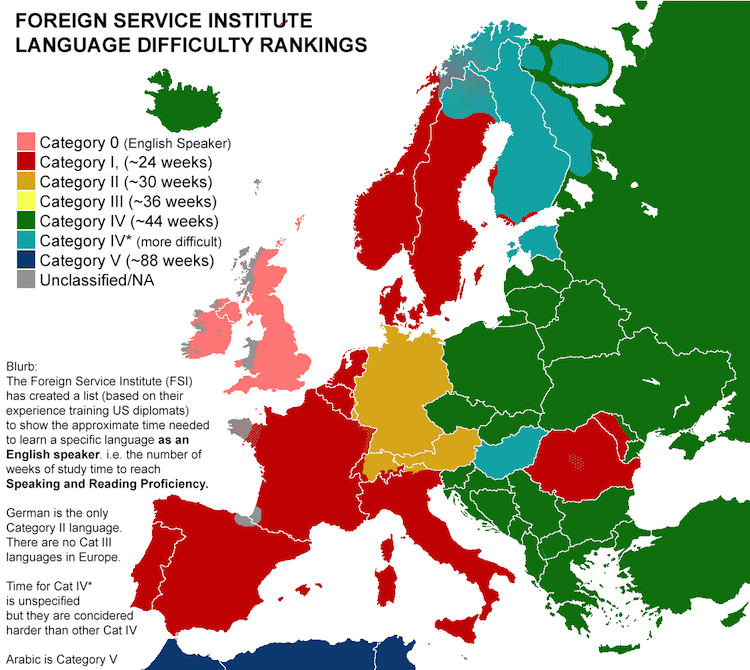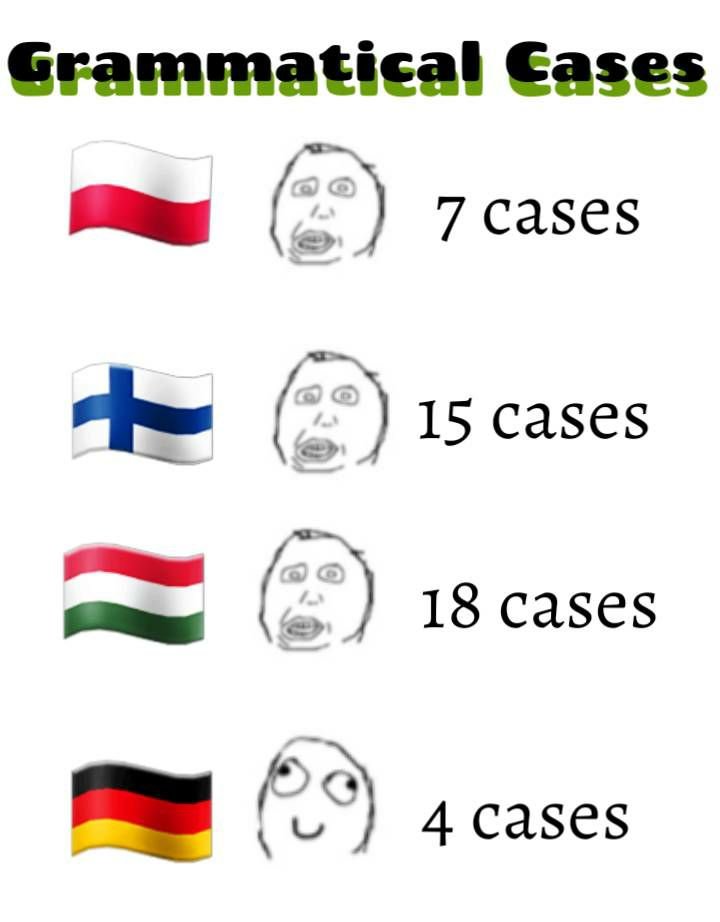What’s the biggest challenge of moving to a new country that almost nobody talks about?
In nearly all destinations that we cover,
and especially FRANCE…
…the most mentioned issue expats face is the language barrier.
However, from my own experience of years of helping hundreds of people to move and retire abroad, the language barrier is also one of the most underrated issues. It’s easy to underestimate how much of an impact struggling to communicate can have on daily life, from navigating bureaucratic processes to simply building connections with locals. For those weighing options like retirement in Greece vs Italy, understanding the local language and culture can make a significant difference in how seamless the transition feels. Over time, even basic proficiency can open doors to deeper integration and a more fulfilling experience abroad.
People spend a few weeks in France, Spain, or Italy, in tourist spots where everyone speaks English, and assume that only with English they will be able to enjoy their lives to the fullest.
But very often, this is not the case – and people regret it later.
Learning the local language isn’t just a benefit—it’s a necessity if you want to thrive abroad.
The good news is that there is an easier way to defeat the language barrier.

When I first came to Europe, I was completely lost—until I found the one tool that changed everything.
A tool that helped me to learn one of the hardest languages in Europe – a language that makes German look like a children’s game – in only a few years, and having fun during the process!
So today you will discover a few reasons why you MUST learn the local language if you are moving anywhere (except the UK – but then, why would you move to the UK?), and you will also discover this method that I used – a method that ANYONE can follow.
The first reason you should learn the local language is that it improves your quality of life.
Around 51% of Europeans speak English, but this varies by country. In the Netherlands, 90% speak English, but in Spain and Italy, it’s only 22% and 34%.
And these numbers are even lower in smaller towns of places like Extremadura or Sicily.
Unless you’re moving to a country like the Netherlands or Sweden, English alone won’t be enough, and you will lack that knowledge of certain local things, like which dentist is available during the weekends – this is something you want to know.
Speaking of healthcare, language barriers can make things harder. In a survey by Expat Insider, 1 in every 3 expats struggled with the healthcare system. Language issues were a big reason. Being able to speak with doctors, pharmacists, or emergency staff makes things smoother. It can also give you peace of mind during stressful situations.

Learning the language also helps you integrate.
A study by the Migration Policy Institute found that retirees who learn the local language make more local friends. Without this, you may feel isolated and stick to expat groups. This limits your experience and could lead to loneliness, which is bad for your mental health.
From my own experience, with only English your social circles will be extremely restricted.
Financially, knowing the local language can prevent costly mistakes.
From signing rental contracts to understanding tax laws, speaking the language helps. HSBC’s Expat Explorer found that 26% of expats had trouble managing finances due to language barriers. Learning the language helps you deal with local authorities and businesses with confidence.

There are also health benefits.
Research from the University of Edinburgh shows that learning a second language can delay dementia by up to five years.
So I guess Steve Kaufmann will have good mental health for many years to come – because Steve is the inventor of the method that helped me to learn one of the hardest languages in Europe, in just a few years.

Yes, I learned Polish! And not only that, using this method, I am also learning French, Russian, and Latin!
Using the method from Steve Kaufmann, it is very much possible to learn a new language in a short time, or even multiple languages.
Steve himself is famous for speaking 20 languages, and he learned most of them after turning 60!

This method became an entire system of learning (my Lingq Review)
Now, if there is one way to explain Lingq, I would say that it is to learn like a child.
Have you ever realized that, without learning grammar rules, declinations, and all these technicalities, children are still fluent in their mother language when they are five or six years old?
They don’t learn syntax or semantics, but still, they use it almost to perfection by 7 years of age! This explains why so many people learn languages in the wrong way.
They start with grammar, then they get tangled in rules and exceptions, unable to express even simple thoughts smoothly.
Imagine, for example, languages that have multiple grammar cases, like German with 4 or Polish with 7

Every single word will have multiple declinations that alter the way it is written or spoken, and these declinations depend on the function the word has in the phrase.
You can say DOG in 6 different ways in Polish, and for each way, there are different rules and exceptions.
I spent 2 years trying to memorize these rules and exceptions – I failed.
But then I discovered the method of Steve Kaufmann, and here is my Lingq review
Where you learn like a child – not by memorizing grammar rules or syntax or semantics, but by exposing yourself to the language and having fun on the way!
So here is how it works (you can jump straight to 5 minutes and 26 seconds to see the method itself and my Lingq review).
(Did you like this Lingq review? Well, here is the best part: You can try it for free and later get a 40% discount in case you decide to subscribe to it using this link)
Levi Borba is the founder of expatriateconsultancy.com, creator of the channel The Expat, and best-selling author. You can find him on X here.




